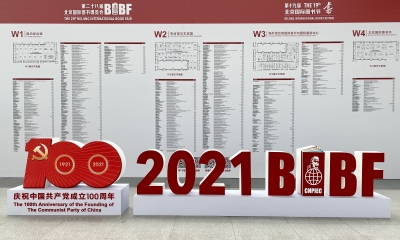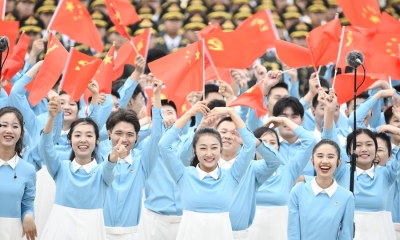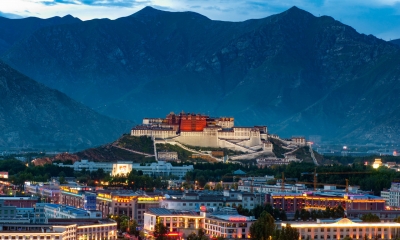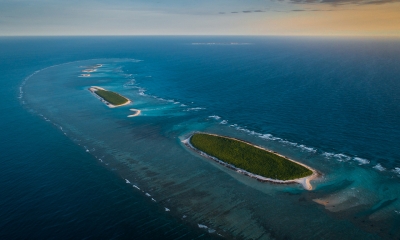China COVID19 Compensation Theory Debunked
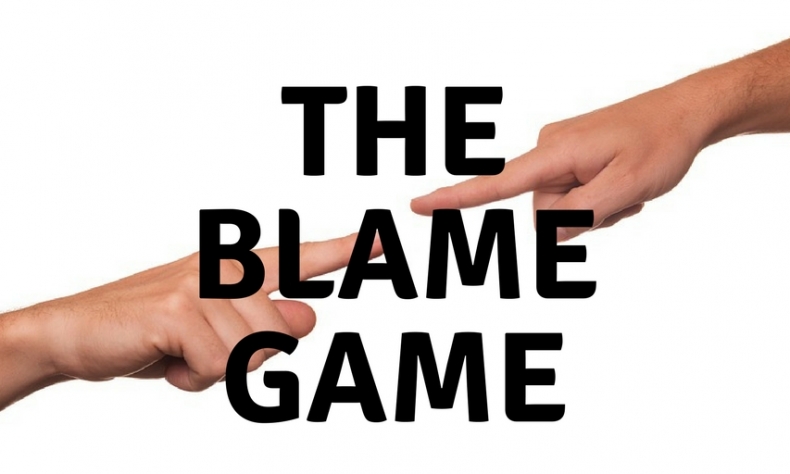
Given such an overwhelming body of evidence attesting to China’s openness and transparency, coupled with the reports central claim of Beijing’s prior knowledge of the pathogen is refuted by its very own source, there is absolutely no case for compensation.
A rightwing think-tank, with a history of taking payment to push anti-China propaganda, has published a report encouraging world leaders to seek compensation from Beijing for alleged failings in its handling of the coronavirus pandemic.
The UK-based Henry Jackson Society claims that “China is responsible for COVID19 – and if legal claims were brought against Beijing they could amount to trillions of pounds.”
The report, published on April 5, has received notable attention from news outlets around the world and might have prompted the US state of Missouri to file legal proceedings against China.
Missouri’s GOP state Attorney General Eric Schmitt on April 21 claimed that China should be “responsible for the enormous death, suffering, and economic losses they inflicted on the world, including Missourians.” Missouri has registered around 200 deaths form COVID19 and is now attempting to seek recompense from Beijing.
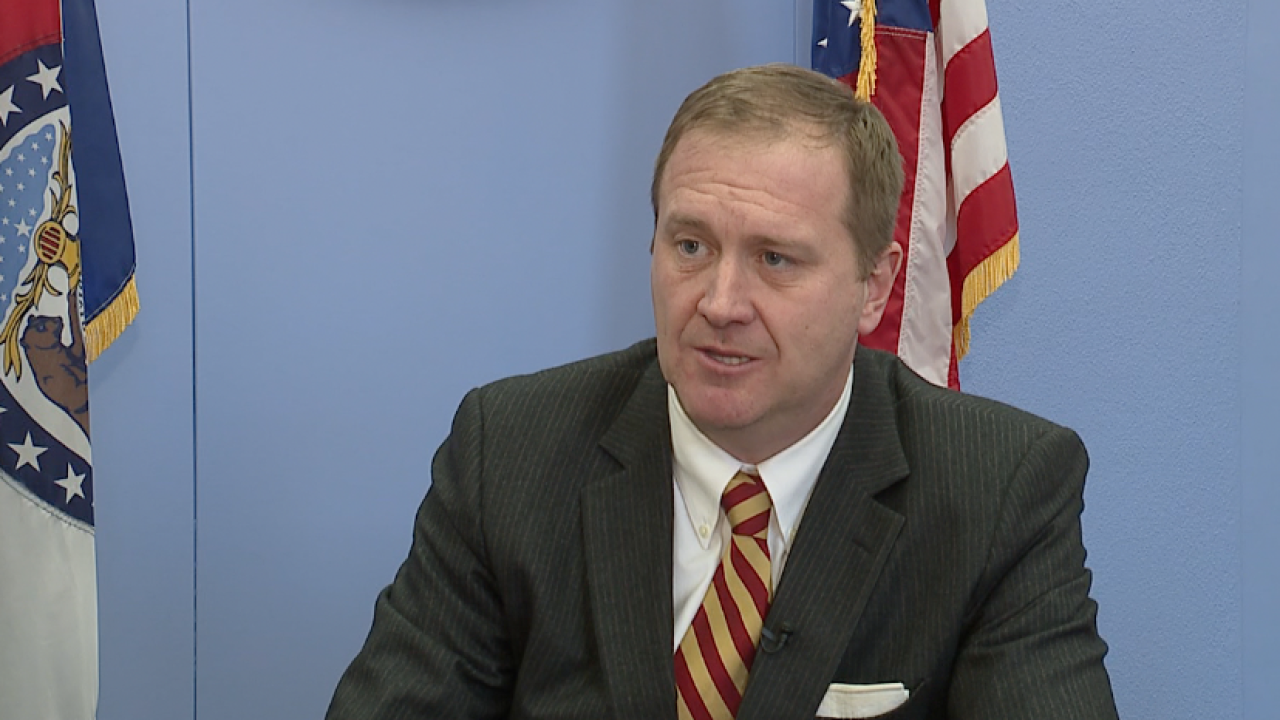
The case for compensation
The Henry Jackson Society claims that “As a direct consequence of the Communist Party of China’s (CPC’s) decision to not share information about the initial stages of the outbreak of COVID-19, the disease spread far faster than it would otherwise have done and reactions by countries globally were hampered.”
The report quotes “unpublished, unconfirmed Chinese governments documents” seen by the South China Morning Post to make the case that Beijing was aware of a new killer virus much earlier than it let on and even attempted to suppress their findings.
“Potentially since 17 November but certainly since December 30, China’s authorities knew about the COVID-19 outbreak and did their very best to suppress information about it,” the authors claim.
Given that the argument for China’s alleged suppression of information rests largely on the date the Chinese government officially discovered the new strain of coronavirus, it is necessary to firmly establish exactly when this took place.
Did officials in Beijing, as the HJS report suggests, have knowledge of a new respiratory disease as early as November 17?
The authors cite a South China Morning Post articles titled “Coronavirus: China’s first confirmed Covid-19 case traced back to November 17,” in support of this date.
The SCMP articles noted that the unconfirmed documents show that China’s first confirmed case can be “traced back” to November 17. It does not anywhere make the claim that the CPC had any knowledge at that time of a new respiratory disease. Josephine Ma, who wrote the article in the SCMP, observed that early cases “were likely backdated after health authorities had tested specimens taken from suspected patients.”
Ma explicitly states that nobody – not even frontline doctors – knew they were dealing with a new disease until the end of December.
“Interviews with whistle-blowers from the medical community suggest Chinese doctors only realized they were dealing with a new disease in late December,” wrote Ma.
The authors were quite clearly aware of the two quotes listed above, but chose to omit them from their report.
With the authors unable to provide any compelling evidence of the Chinese authorities having prior knowledge of a new pathogen before December 30, and public record showing China informed the World Health Organization (WHO) on December 31, there appears absolutely no evidence to support allegations of a cover-up. In fact, there exists a great body of evidence which expressly refutes the said allegation.
What the international community said
After alerting the WHO, Chinese scientists quickly studied the new pathogen and shared the crucial genetic sequence on January 12.
Nathan Grubaugh, Professor of Epidemiology at Yale School of Public Health, praised China unreservedly for its “incredible speed” in sequencing COVID19 and for “rapidly sharing” this data with the international community.
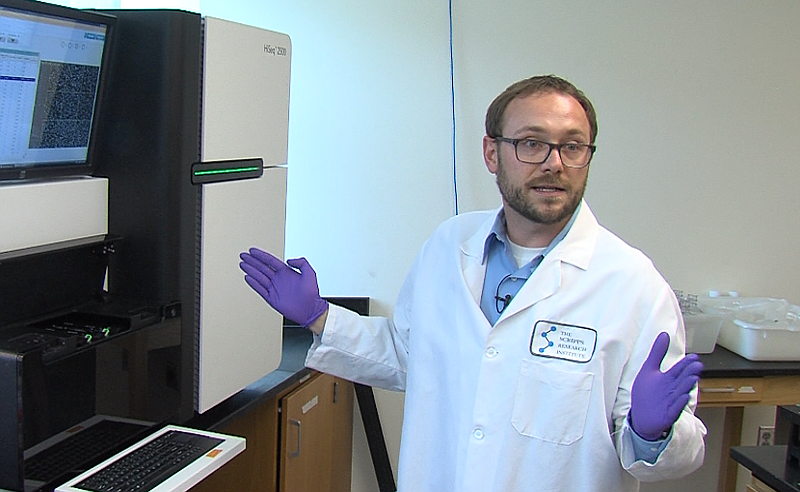
“To go from unknown pathogen to diagnostic tests so quickly is incredible,” he said.
“The scientists at the Fudan University, China CDC, Chinese Academy of Medical Sciences, Chinese Academy of Sciences, Zhejiang Provincial CDC, and the Thai National Institute of Health should be highly praised for making their data rapidly available to the public.”
The WHO has also consistently praised China for its efficiency, cooperation and transparency in handling the coronavirus crisis.
On January 23, Director-General of WHO Dr. Tedros Adhanom Ghebreyesus commended China for its openness and transparency and “very quickly” sequencing and sharing the virus’ genetic structure.
“I thank the government of China for its cooperation and transparency,” he wrote on Twitter.
After meeting President Xi Jinping in Beijing, the Director-General again commended China for its leadership and commitment to slowing the spread of the deadly virus.
“We appreciate the seriousness with which China is taking this outbreak, especially the commitment from top leadership, and the transparency they have demonstrated,” Tedros said.
In mid-February, the head of the WHO again thanked China for having “bought the world some time” and urged governments to step up their efforts and make the necessary preparations.
“The steps China has taken to contain the outbreak at its source appear to have bought to the world time,” he said. “We must use the window of opportunity we have to intensify our preparedness.”
Representatives from a host of countries including Britain, Australia, Japan, Brazil, Israel, Spain, Norway, Denmark, Italy, the Netherlands, France, Canada and the United States have also voiced their appreciation for the measures taken by the Chinese government to slow the virus spread.
Politico reported that even US President Donald Trump, publicly thanked China and President Xi Jinping no less than 15 times for the country’s efforts and commitment to transparency.
“China has been working very hard to contain the coronavirus. The United States greatly appreciates their efforts and transparency. It will all work out well. In particular, on behalf of the American People, I want to thank President Xi!”
Dangerous Precedent
In response to the “China must pay for COVID19” narrative, Kishore Mahbubani, former President of the UN security council, warns it would be a mistake for any country or organization to seek compensation for economic losses due to the pandemic. Virus outbreaks are natural part of life he noted.
“Instead of being punitive to the countries who suffered [an epidemic} first, we should immediately help the countries that get affected first, because if we don’t help them, we all get affected,” Mahbubani said.
In the last 15 years, there has been the Ebola outbreak from Africa, and the H1N1 flu outbreak which killed more than 500,000 worldwide, from America, Mahbubani added. “Consider the consequences if you make [compensation] a universal rule.”
Should a precedent be established by seeking compensation as a result of natural disasters, what about man-made crises’?
The 2008-2009 global financial crisis began with the Lehman Brothers collapse in New York, and caused a tremendous amount of damage to economies around the world. Should governments now line-up to sue the United States?
The Chinese foreign ministry called the claim filed by the state of Missouri “ridiculous” stating that it lacked “legal or factual basis.”
“As the two biggest economies in the world, China and the United States need to lead the effort to fighting the virus,” Counsel-General Huang Ping said “This is not the time for finger-pointing. This is the time for solidarity, collaboration, cooperation and mutual support.”
 Facebook
Facebook
 Twitter
Twitter
 Linkedin
Linkedin
 Google +
Google +




